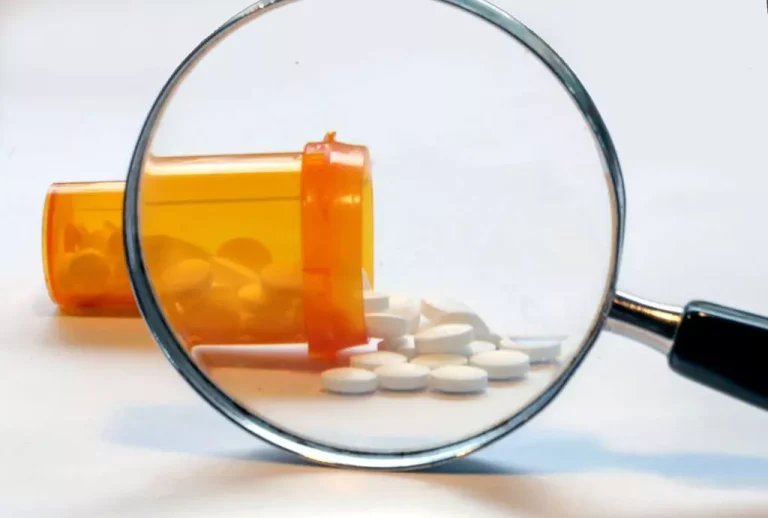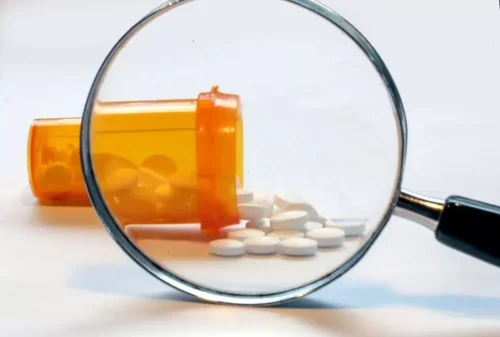Bored Drinking: How to Defend Against the Sneakiest Trigger

Feeling bored is a natural part of life, but how you choose to cope with it can have a major impact on your well-being. There are healthy ways to deal with boredom and then there are the other options – the things we do to escape it entirely. If you are looking for treatment for substance abuse or addiction, you’re not alone—we’re here to support you every step of the way. Boredom is a natural state or emotion that’s part of the spectrum of things we feel as humans, and we all experience boredom in different forms and at different times. In more severe cases, drinking out of boredom can lead to severe alcohol abuse disorders.
Your Brain Needs Time to Recover

Most people drink to fill some sort of void, like boredom, loneliness, an unhappy relationship, job-related stress or anxiety. When the alcohol wears off, your problems will still be there, and you’ll likely reach out for more alcohol to escape them again. If you’ve found yourself noticing, “It seems that I drink because I’m bored and lonely,” the answer lies in our brain’s reward system. Understanding this relationship between boredom and alcohol is crucial for breaking an unhealthy cycle of drinking out of boredom and finding more fulfilling ways to spend our time.
Ways to Stop Drinking Out of Boredom

For example, CBT might help you realize you look at boredom in a negative light. You might believe you should always be doing something useful drinking out of boredom or constructive, so you reach for a drink to calm the negative emotions boredom creates. You might plan to start learning a new language during downtime, but put it off in favor of having a drink. Or you lose interest in an existing hobby because it’s easier to drink. Bored drinking takes place when people reach for alcohol to kill time, simply because they have nothing else to occupy their minds. If your dose of stimulation is mostly a walk to the fridge, you might be a bored drinker.
- The more often someone drinks to cope with boredom, the more likely they are to develop an unhealthy reliance on alcohol.
- Staying busy is a great way to stave off boredom and create space for healing the parts of your brain that took a walloping from drinking.
- In a recent survey, close to 40% of drinkers want to drink less compared to 6.5% who say they want to quit altogether.
- Getting outdoors and exploring the natural world is a great way to break away from boredom.
- Andy explains how a straightforward, 7-stage process enabled him to change a lifelong addiction to alcohol.
- After graduating, Karlie gained experience working in a residential program for eating disorders and a private practice before joining the AspenRidge team.
Seeking Treatment

And when I tried to hang out with people without alcohol, I struggled mightily. If this topic interests you, I highly recommend listening to this interview with Dr. Anna Lembke, the author of the best-selling book “Dopamine Nation” (also recommend reading). Our brains like efficiency, so it takes note of the experience. Dopamine is a neurotransmitter in your brain, essentially acting like a “feel-good” signal. Addiction is a progressive disease; it will only get worse the longer it goes untreated. We work quickly to ensure a place when you’re ready for treatment.
It’s why so many people wrestle with depression and PAWS once they quit drinking. If you drink to alleviate boredom, your brain starts associating alcohol with relief from that negative feeling. Regularly consuming alcohol when you’re bored has both short-term and long-term effects on your health, even if it doesn’t lead to a drinking disorder. There’s a connection between https://ecosoberhouse.com/ consuming alcohol and boredom.
Stopping at the moment to look around at what’s happening, what emotions you are experiencing, sensations, and thoughts that are present, bringing awareness, and then making a choice. Start consciously thinking about your drinking routines and ask yourself what’s triggering that particular routine or pattern. Workaround drug addiction managing and coping with those triggers by finding a different strategy that works best for you. Learning to identify the triggers to drinking is the first step towards preventing drinking out of boredom.


